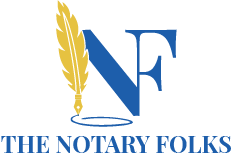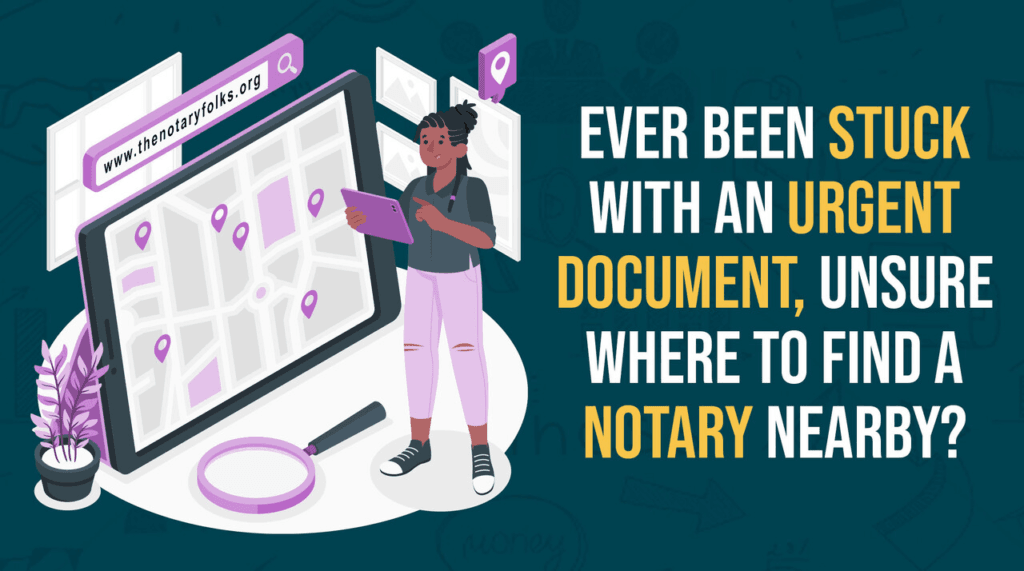
Notarization is an essential step in ensuring documents are valid and trustworthy. A notary public confirms that the individuals signing a document are who they claim to be and that they fully understand what they are signing. Being informed about the most common notarized documents can help you navigate legal, financial, and personal matters more easily. Here are the top 10 most common notarized documents that usually require notarization:
Understanding the Most Common Notarized Documents
1. Power of Attorney (POA)
A Power of Attorney allows one person (the principal) to give another person (the agent) the authority to act on their behalf in legal or financial matters. This document is often notarized to show that the agent has the principal’s consent and that the principal understands what they are giving up.
2. Real Estate Deeds
When buying or selling property, notarized documents are essential. Specifically, deeds, which transfer ownership from one person to another, must be notarized. This process serves two primary purposes. First, notarization helps confirm the identities of everyone involved and ensures the transaction is voluntary. Secondly, and equally important, it provides evidence of the legitimate transfer of ownership. As a result, this is crucial for recording the deed with local authorities and establishing clear proof of ownership.
3. Loan Documents
If you are applying for a loan, such as a mortgage or personal loan, you will need to sign many documents that must be notarized. This includes loan agreements and promissory notes. The notarization process helps lenders verify your identity and ensures you understand the terms of the loan.
4. Affidavits
An affidavit is a written statement where the signer swears that the information is true. These are often used in court. When you submit an affidavit, it usually needs to be notarized to confirm that the signer is who they claim to be and that the statement is authentic.
5. Child Custody Agreements
In family law, notarized child custody agreements are needed to establish custody arrangements between parents. Notarization confirms that both parents agree to the terms and can help prevent disputes later.
6. Employment Contracts
Employment contracts often need notarization, especially for important positions. Notarization shows that both parties understand and agree to the job terms, which can help avoid conflicts down the line.
7. Business Incorporation Documents
For business owners, notarized documents are necessary when forming a corporation or limited liability company (LLC). This includes articles of incorporation and operating agreements. Notarization verifies the identities of the individuals forming the business and shows they understand their responsibilities.
8. Marriage Licenses
In many places, marriage licenses must be notarized. This helps confirm that both individuals are willingly entering into the marriage and that their signatures are authentic.
9. Quitclaim Deeds
A quitclaim deed is used to transfer property without guaranteeing ownership. Notarization is important here to verify the identities of everyone involved and confirm they want to make the transfer. This helps prevent future disputes over property ownership.
10. Healthcare Directives
Healthcare directives, such as living wills, are essential for individuals to communicate their medical care preferences. Notarization ensures that the signer’s wishes are valid and can help prevent conflicts among family members or healthcare providers about treatment decisions.
How to Prepare for Notarization
Preparing for notarization can make the process easier. Here are some steps to take before visiting a notary:
1. Gather the Necessary Documents
- Original Documents: Bring the original copies of the documents you need to notarize. Copies are usually not accepted.
- Identification: Bring a valid ID, like a driver’s license or passport, to confirm your identity. The notary needs to verify who you are.
2. Be Aware of Signatures
- Do Not Sign in Advance: Don’t sign the documents before meeting with the notary. You must sign in front of them for the notarization to be valid.
- Review the Documents: Read through the documents carefully to understand what you are signing. Make sure all the information is correct.
3. Understand the Content
- Clarify Any Questions: If you don’t understand any part of the document, ask questions before your appointment. The notary cannot give legal advice.
- Know the Purpose: Familiarize yourself with the purpose of the document and any important details.
4. Schedule an Appointment
- Contact the Notary in Advance: Notaries are often busy, so it’s best to schedule an appointment to ensure they can see you.
- Inquire About Fees: Ask about any fees for notarization, as these can vary
Common Mistakes to Avoid When Getting Documents Notarized

To have a smooth notarization experience, avoid these common mistakes:
- Forgetting to Bring ID: One of the most important requirements for notarization is having a valid ID. Forgetting it can delay or stop the process.
- Signing Before the Appointment: Don’t sign the document before meeting the notary. They must witness your signature for the notarization to be valid.
- Using Copies Instead of Originals: Notaries usually require original documents. Trying to notarize a copy will likely lead to rejection.
- Not Checking for Proper Identification: Ensure your ID is government-issued and matches the name on the document.
- Overlooking State-Specific Regulations: Notarization laws can differ by state. Be aware of any specific requirements in your area.
- Using an Unqualified Notary: Make sure the notary is licensed and qualified to perform notarizations in your state. Using an unlicensed notary can invalidate your document.
- Not Inquiring About Fees in Advance: Unexpected fees can cause confusion. Always ask about costs before proceeding with notarization.
Conclusion
Notarization is an important step to protect the integrity of various legal documents. From real estate transactions to healthcare directives, knowing about the most common notarized documents can help you handle important matters more easily. Whether you’re preparing for a significant life event or managing business issues, make sure to consult a notary public to ensure your documents are properly signed and valid. This way, you can have peace of mind knowing your agreements and transactions are secure.
Need help with notarization or want to learn more about the process? Don’t hesitate to reach out!
📅Schedule an appointment with us today! We’re here to assist you with all your notarization needs!


